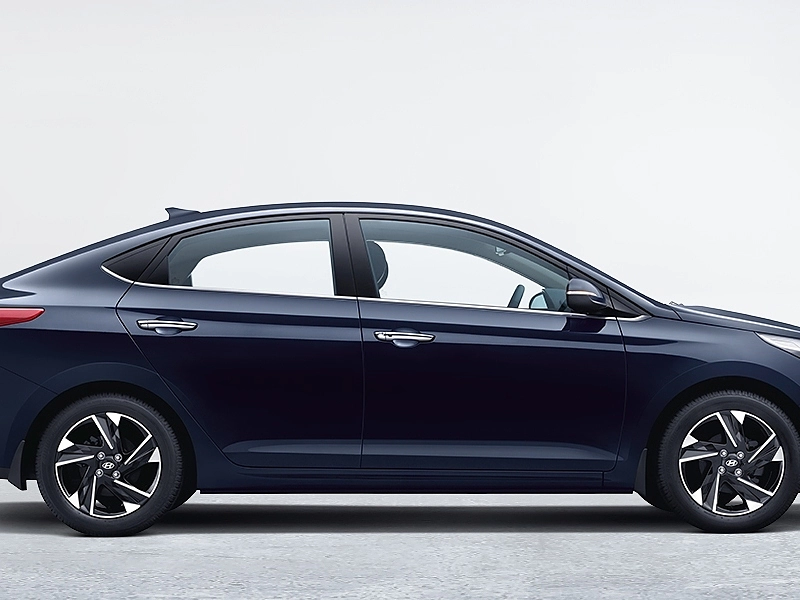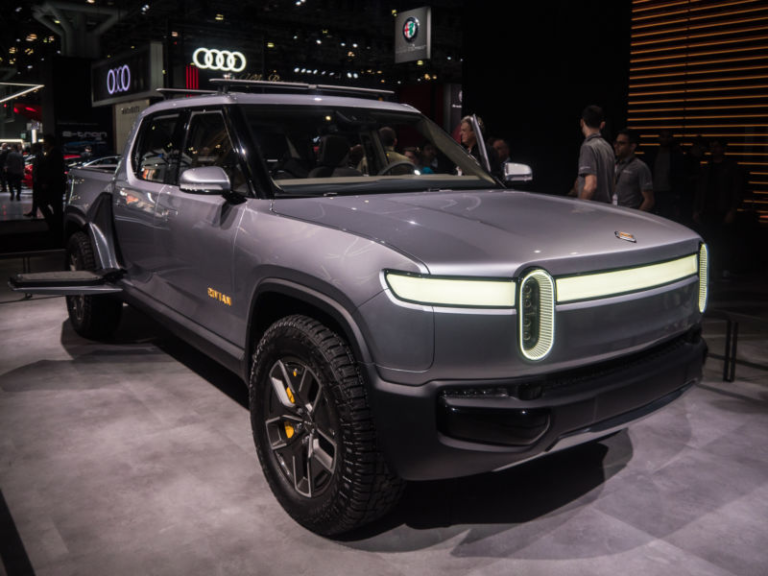
The automotive industry has always been a dynamic sector, constantly evolving to meet the ever-changing needs and expectations of consumers. However, in recent years, we have witnessed a remarkable transformation that is reshaping the future of transportation as we know it. From electric vehicles to autonomous driving, the automotive industry is experiencing a revolution that promises to redefine the way we move and interact with vehicles. In this article, we will explore the key trends and advancements that are driving this transformation and discuss the implications they hold for the future.
One of the most significant developments in the automotive industry is the rise of electric vehicles (EVs). With concerns about climate change and the need to reduce greenhouse gas emissions, EVs have emerged as a cleaner and more sustainable alternative to traditional combustion engines. Major automakers have embraced this shift, investing heavily in EV technology and infrastructure. As a result, we have seen a surge in the availability and variety of electric vehicles on the market, making them more accessible to consumers than ever before.
Beyond environmental benefits, EVs offer several advantages over conventional cars. They are quieter, require less maintenance, and offer instant torque, delivering a thrilling driving experience. Furthermore, advancements in battery technology have addressed the issue of limited range, enabling EVs to travel longer distances on a single charge. As the charging infrastructure continues to expand, range anxiety will become a thing of the past, making EVs a viable option for all types of journeys.
Another area of innovation that is reshaping the automotive landscape is autonomous driving. Self-driving cars have captured the imagination of both the industry and the general public. While fully autonomous vehicles are not yet mainstream, significant progress has been made in developing the necessary technology. Advanced driver-assistance systems (ADAS) are already present in many vehicles, incorporating features such as adaptive cruise control and lane-keeping assistance. These systems enhance safety and convenience, laying the foundation for the eventual deployment of fully autonomous vehicles.
The implications of autonomous driving are far-reaching. Beyond the convenience of hands-free commuting, self-driving cars have the potential to revolutionize the transportation ecosystem. They could significantly reduce accidents and fatalities by eliminating human error, enhance traffic efficiency, and free up valuable urban space currently dedicated to parking. Moreover, autonomous ride-sharing services could transform car ownership, making transportation more affordable and accessible to a broader segment of the population.
As technology continues to advance, the concept of the car is expanding beyond traditional boundaries. The convergence of automobiles and connectivity has given rise to the concept of the “connected car.” Modern vehicles are equipped with sophisticated infotainment systems, integrated navigation, and seamless connectivity with smartphones and the Internet of Things (IoT). This connectivity not only enhances the driving experience but also opens up new possibilities for vehicle-to-vehicle (V2V) and vehicle-to-infrastructure (V2I) communication, enabling safer and more efficient transportation networks.
Moreover, the automotive industry is experiencing a digital transformation that is revolutionizing the way vehicles are designed, manufactured, and serviced. From virtual reality (VR) design tools to 3D printing of parts, digital technologies are streamlining the production process, reducing costs, and shortening time to market. Additionally, data analytics and artificial intelligence (AI) are being leveraged to optimize vehicle performance, enhance safety, and personalize the driving experience. As a result, cars are becoming smarter, more intuitive, and better connected to the world around them.
In conclusion, the automotive industry is undergoing a remarkable transformation, driven by advancements in electric vehicles, autonomous driving, connectivity, and digitalization. This revolution promises to reshape the future of transportation, making it cleaner, safer, and more efficient. As consumers, policymakers, and industry stakeholders, we have an opportunity and a responsibility to embrace these changes and contribute to the development of a sustainable and inclusive mobility ecosystem. The road ahead may be uncertain, but one thing is clear: the automotive industry is on the brink of a new era, and the possibilities are limitless.


